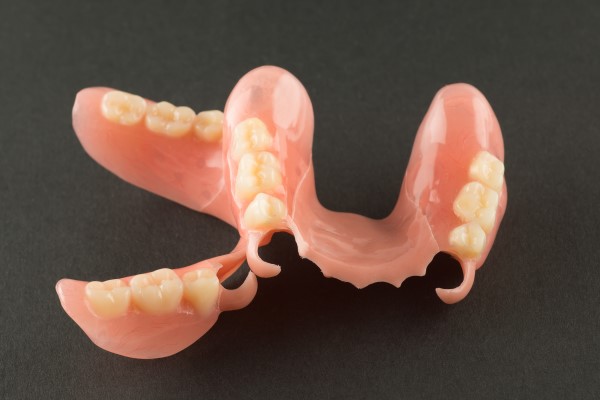Ask a General Dentist: What If I Do Not Get My Cavity Filled?

Despite your efforts at preventing tooth decay, sometimes your general dentist may detect one or two cavities. You may be tempted to postpone filling the tooth cavity because you do not feel any pain, but the delay can come at a cost. Cavities do not heal, and what starts as a simple issue may turn out to be devastating, leaving you with drastic treatment measures.
The beginning of a tooth cavity
According to the American Dental Association, a tooth cavity is a subtle condition that usually starts long before the patient sees the signs. Sticky bacterial plaque forms on the teeth and feeds on the sugar in consumed foods to produce acids. The acids produced are strong enough to gradually dissolve the enamel, the hard outer layer of the teeth. If left unchecked, the decay will penetrate every layer of the tooth.
Patients will not experience pain and sensitivity until the decay bores through the teeth into the dentin layer. The dentin contains tiny nerves that quickly get irritated and cause pain when exposed to cold, hot, sour or sticky foods. The patient may also experience pain when biting, and food may frequently get trapped between the teeth.
The decay will spread quickly through the dentin because it is softer than the enamel. The decay will reach the root, and as decay continues, the patient may experience frequent and intense pain. Infection develops once the decay and bacteria spread to the pulp area of the tooth containing the blood vessels and nerves.
Pulp infection will lead to an abscessed tooth, a condition that can cause debilitating pain. Other signs include fever, facial swelling and a bad taste in the mouth. Patients may also notice pus draining from gum swelling, close to the root tip. The situation will worsen considerably if the infection reaches the jawbone and gets into the bloodstream.
Treatment options
If the dentist notices a tiny area of decay that has not reached the dentin, they may suggest solutions to repair the spot, including using special mouth rinses, toothpaste or dental fillings containing calcium, fluoride and phosphates. Once the decay reaches the dentin, it is irreversible. A tiny cavity can be filled with tooth-colored composite. If the decay is severe, a dental crown might be required to restore the shape and strength of the teeth.
An abscessed tooth is the most severe case, and the treatment options are limited. The general dentist can recommend a root canal treatment or tooth extraction, with extraction being the final resort when other options fail. The root canal procedure entails removing the infected pulp of the teeth and filling it up with gutta-percha. The tooth may be weaker after the procedure and may require a crown for support.
In summary
The longer you postpone filling a tooth cavity, the more invasive and expensive treatment becomes, and the more severe the pain gets. The bottom line is to visit the general dentist once you notice any sign of a cavity, no matter how minor. Better still, keep up with oral hygiene practices and visit the dentist regularly for checkup and dental cleaning.
Request an appointment here: https://www.providencefamilydentistry.com or call Providence Family Dentistry at (678) 496-7021 for an appointment in our Mableton office.
Check out what others are saying about our services on Yelp: Read our Yelp reviews.
Recent Posts
Halitosis is the general dentistry term for chronic bad breath, which means it is constant and does not go away. Although it may be surprising, a lot of people struggle with halitosis every single day. Thankfully, in general dentistry, there are a lot of ways to manage and treat the condition. Below is an overview of…
There are many benefits to removable partial dentures instead of alternative treatment solutions (i.e., implant-supported bridges). Understanding the advantages of partial dentures can help you make the most informed choice possible about the best way to replace your missing teeth. Removable partial dentures are a form of teeth replacement for a section of missing teeth. They…
A tooth replacement procedure is necessary when someone has lost their natural teeth. Teeth play an important role in maintaining good health and oral functions like chewing and speaking, so tooth loss can be quite devastating. Fortunately, there are many tooth replacement options available today to replace missing teeth.Options available for those who have missing…
A dental inlay is often necessary for teeth that are in bad shape, whether it be due to cavities or accidental injuries such as cracks or chips. However, among dental restorations, inlays are not the most common type. Most people are familiar with dental fillings or crowns, but general dentists also recommend dental inlays for…


